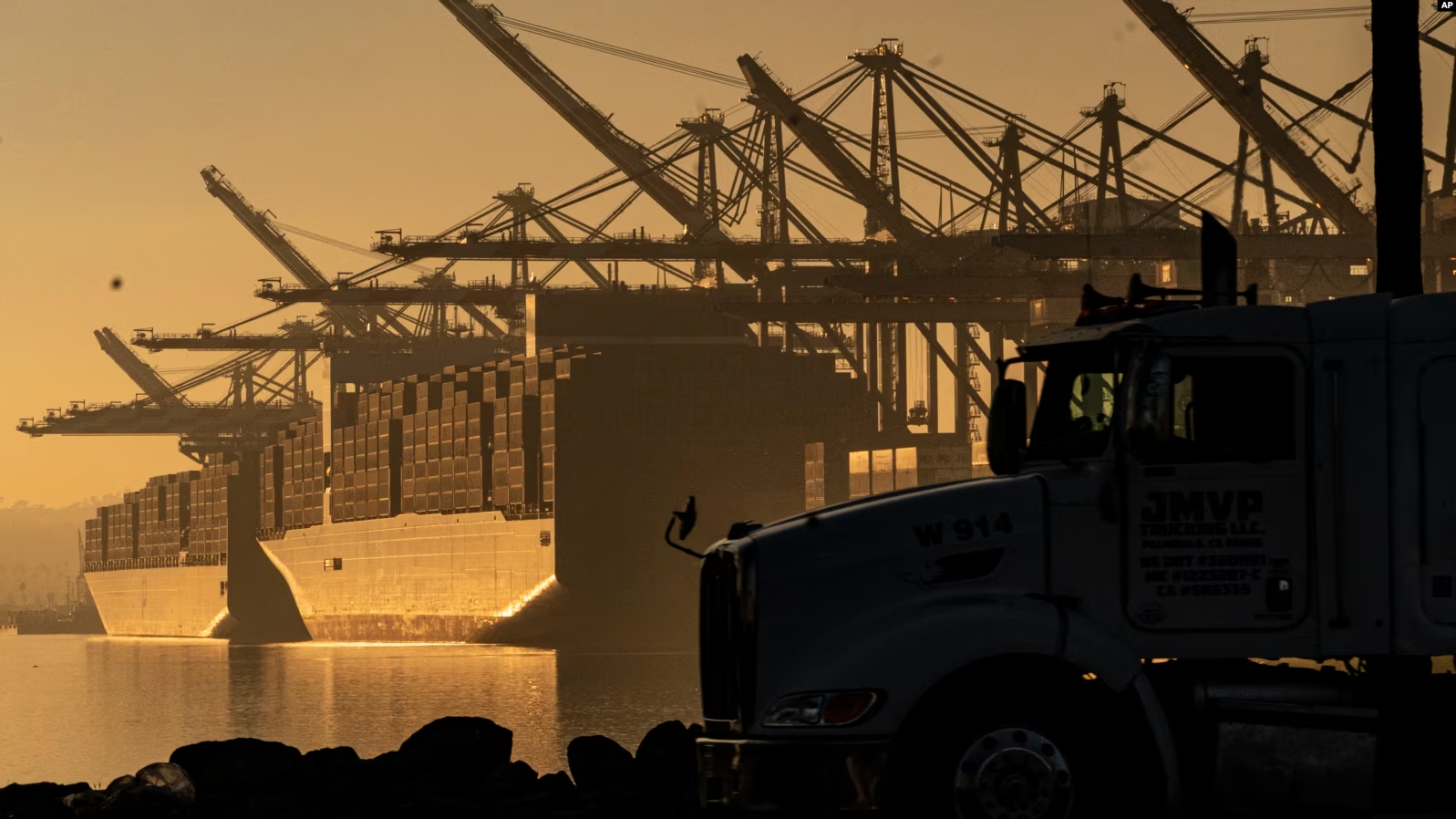STATE DEPARTMENT —
The White House says U.S. officials continue to raise concerns about what they describe as unfair trade policies and non-market economic practices by the People’s Republic of China.
Meanwhile, U.S. President Joe Biden’s administration is expected to unveil its final implementation plans for substantial tariff increases on selected Chinese imports in the coming days.
Some U.S. manufacturers, however, including those in the electric vehicle and utility equipment sectors, have requested that the higher tariff rates be reduced or delayed, citing concerns about rising costs.
On May 14, the White House announced a significant increase in tariffs on Chinese imports, raising duties on electric vehicles to 100%, doubling tariffs on semiconductors and solar cells to 50%, and introducing new 25% tariffs on lithium-ion batteries and other strategic products such as steel.
The move is seen as an effort to restore U.S. manufacturing, enhance supply chain resilience, and protect domestic U.S. industries from what officials described as China’s overproduction.
This week, White House national security adviser Jake Sullivan told Chinese Foreign Minister Wang Yi during their talks near Beijing that Washington will continue to take necessary actions to prevent advanced U.S. technologies from being used to undermine national security while avoiding undue limitations on trade or investment.
In Beijing, China has vowed to take countermeasures.
Wang this week accused the U.S. of using overcapacity as an excuse for “protectionism.” He urged the U.S. to “stop suppressing China in the economic, trade, and technological fields and to stop undermining China’s legitimate interests.”
Sullivan and Wang have discussed arranging a call between Biden and Chinese President Xi Jinping in the coming weeks. Disputes over trade and tariffs are expected to be among the issues on the agenda.
Former U.S. officials told VOA that the leaders also are likely to have face-to-face talks before Biden leaves office next January.
“The first opportunity is the APEC (Asia-Pacific Economic Cooperation) leaders’ summit in November, and the second is the G20 summit in November,” Ryan Haas, a former NSC senior official from 2013 to 2017 and currently a senior fellow at the Washington-based Brookings Institution, told VOA on Wednesday.
Some analysts have downplayed the likelihood of immediate inflation, noting that the tariff increases announced in May target a relatively small portion of products — $18 billion in imports from China, which accounts for only 4.2% of all U.S. imports from China in 2023.
“Because many of the tariffs affect products that are not currently being imported in large quantities, and because they are phased in over two years, the immediate inflationary effect is likely to be small,” wrote William Reinsch, the Scholl Chair in International Business at the Center for Strategic and International Studies, in a CSIS analysis earlier this year.
This week, following the Biden administration’s May announcement, Canada said that it will impose a 100% tariff on Chinese electric vehicle imports and a 25% tariff on steel and aluminum imports from China, effective Oct. 1.
In Beijing, China’s Commerce Ministry issued a statement expressing strong dissatisfaction and firm opposition to Canada’s planned tariff increases, stating that they would disrupt the stability of global industrial and supply chains, severely impact trade relations, and harm the interests of businesses in both countries.
Related posts:
- ‘Deadpool & Wolverine’ dominates at the box office with $205 million opening
- Hopes of Finding More Survivors in the Mud and Debris Wane After Landslides in India Kill 194
- Harris Interviews Walz, Kelly, Shapiro at Her Home for Vice President Pick
- Tropical Storm Debby makes 2nd landfall in South Carolina, heavy rain expected up the East Coast










Leave a Reply